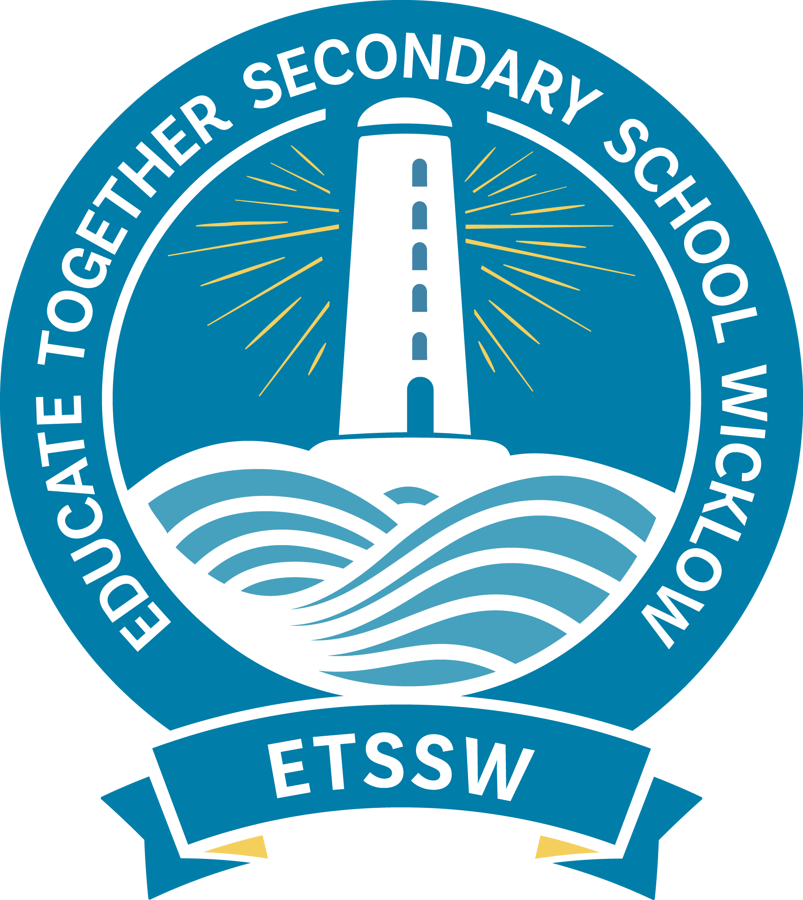Erasmus+ Program: Expanding Horizons Through International Opportunities
Erasmus+ is the European Union’s flagship program dedicated to education, training, youth, and sport, with the aim of providing opportunities for individuals to study, train, gain experience, or volunteer abroad. Launched in 2014, Erasmus+ builds upon previous EU exchange programs, combining various initiatives under a single umbrella and expanding its reach to more countries and sectors. It fosters international collaboration, intercultural exchange, and personal development, benefiting millions of participants each year.
Key Features of Erasmus+
Educational Mobility: One of the cornerstones of Erasmus+ is student and staff mobility. The program allows students in higher education to study abroad for 3 to 12 months at a partner institution in another participating country, with full academic recognition. This experience often helps students develop new language skills, gain a deeper cultural understanding, and enhance their employability. Teachers, trainers, and education staff can also take part in professional development programs, including training courses and job shadowing.
Vocational Training and Internships: Erasmus+ supports vocational education and training (VET) through internships and apprenticeships abroad. This gives participants practical work experience, improving their professional competencies while allowing them to build international networks.
Youth Exchanges and Volunteering: Beyond formal education, Erasmus+ encourages non-formal learning through youth exchanges and volunteer opportunities. Young people can participate in activities that promote leadership, social inclusion, and civic engagement, often in collaboration with local communities.
Strategic Partnerships: Erasmus+ promotes collaboration between schools, universities, businesses, and non-governmental organizations through strategic partnerships. These initiatives support innovation, share best practices, and address common challenges in education and training across Europe and beyond.
Sport Initiatives: A newer addition to Erasmus+, the sports element of the program promotes grassroots sports and addresses challenges like social inclusion, equal opportunities, and physical activity among young people.
Who Can Participate?
Erasmus+ is open to a wide range of participants, including:
- Students: University and college students can benefit from study or work placements abroad.
- Trainees: Those in vocational education can enhance their skills through placements in foreign companies.
- Youth: Young people aged 13-30 can join youth exchanges or volunteer through the European Voluntary Service.
- Teachers, Trainers, and Educational Staff: Educators can engage in professional development activities.
- Institutions: Schools, universities, and organizations can collaborate internationally to drive educational innovation and quality.
Benefits of Erasmus+
Erasmus+ not only helps participants grow academically and professionally but also personally. Participants return from their experiences with enhanced confidence, a broadened worldview, and improved adaptability. For students, studying abroad under Erasmus+ can be a life-changing experience that opens up career opportunities, builds networks, and fosters a sense of European identity and citizenship.
Expanding Beyond Europe
While Erasmus+ is rooted in Europe, the program has expanded to partner countries across the globe. This global dimension enables participants to gain exposure to diverse cultures and educational systems worldwide, contributing to a truly international perspective.
Conclusion
Erasmus+ is more than just an exchange program; it’s a gateway to opportunity. Whether through studying, working, volunteering, or teaching abroad, participants gain skills and experiences that shape their futures and strengthen international ties. As the program continues to evolve, it remains a vital tool in fostering collaboration, understanding, and unity across borders.
 A New Approach to Education
A New Approach to Education

